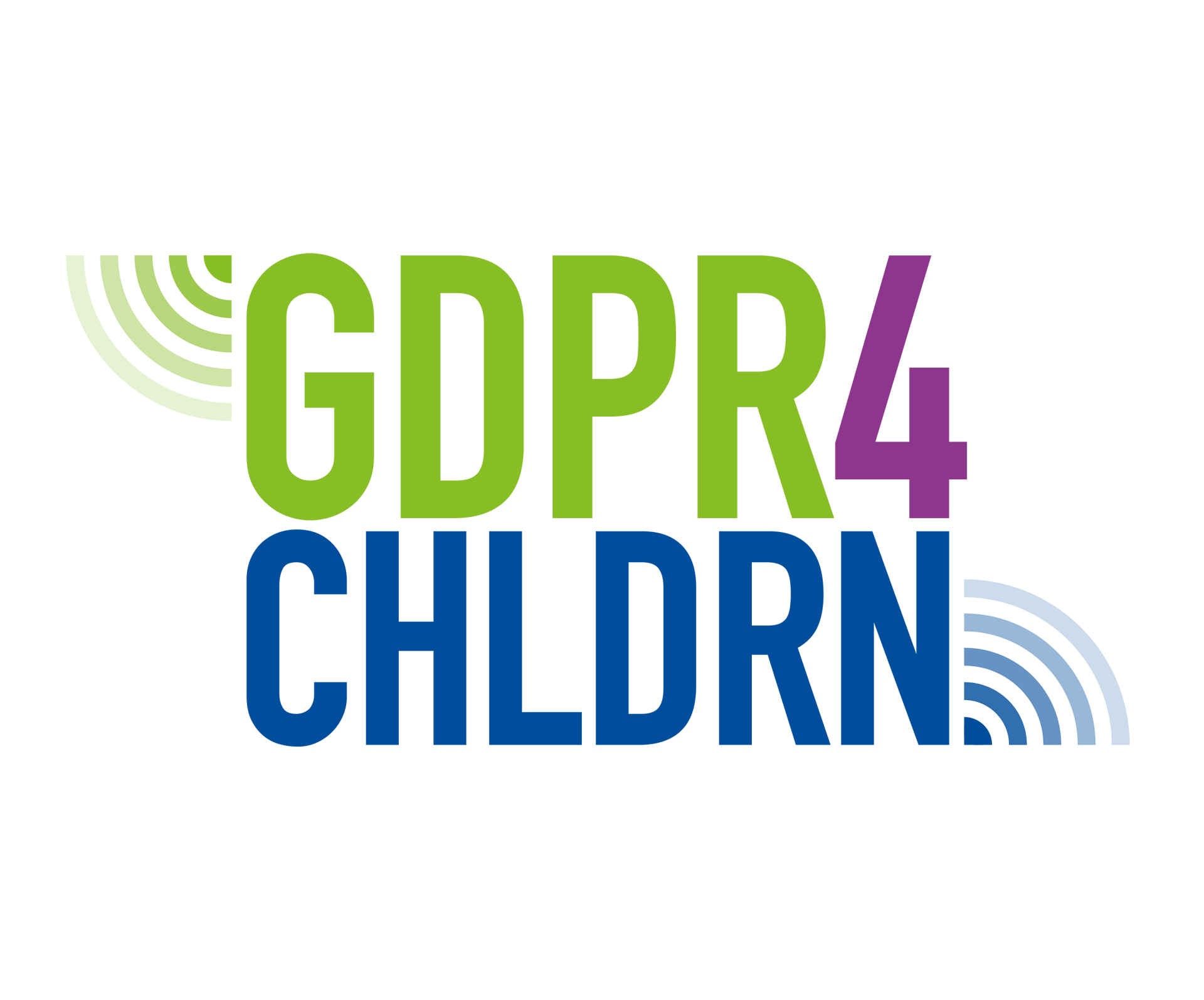5. Only process necessary personal data
Data minimisation is one of the principles of data protection. It means that the processing of personal data must be limited to what is necessary and the controller must be able to justify the need for processing the data. Data minimisation must be taken into account in all aspects of the hobby activity from the very beginning.
Data minimisation must be taken into account already when collecting data: information that is not necessary for the hobby activity may not be collected about participants, their custodians, or any other people involved in the hobby activity. To ensure that only the necessary personal data is collected, the controller must evaluate, on a case-by-case basis, the purposes for which the data is being collected and what data is necessary for those purposes. The storage of personal data must also be limited: personal data that is no longer necessary may not be stored for no reason.
When publishing information, you must make sure that you do not publish unnecessary information on your website or publish unnecessarily detailed information about participants on social media. When publishing information on the internet, on social media and in messaging applications, you should remember that the controller may not be able to control what happens to the personal data after publication. Limiting the processing of personal data to the strictly necessary helps prevent the uncontrolled spread and potential misuse of personal data.


